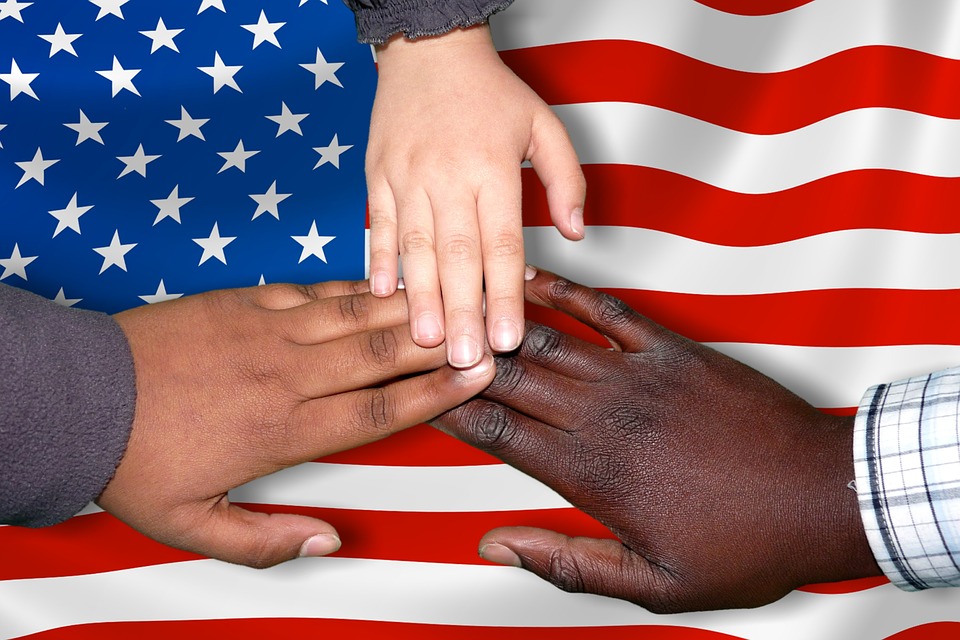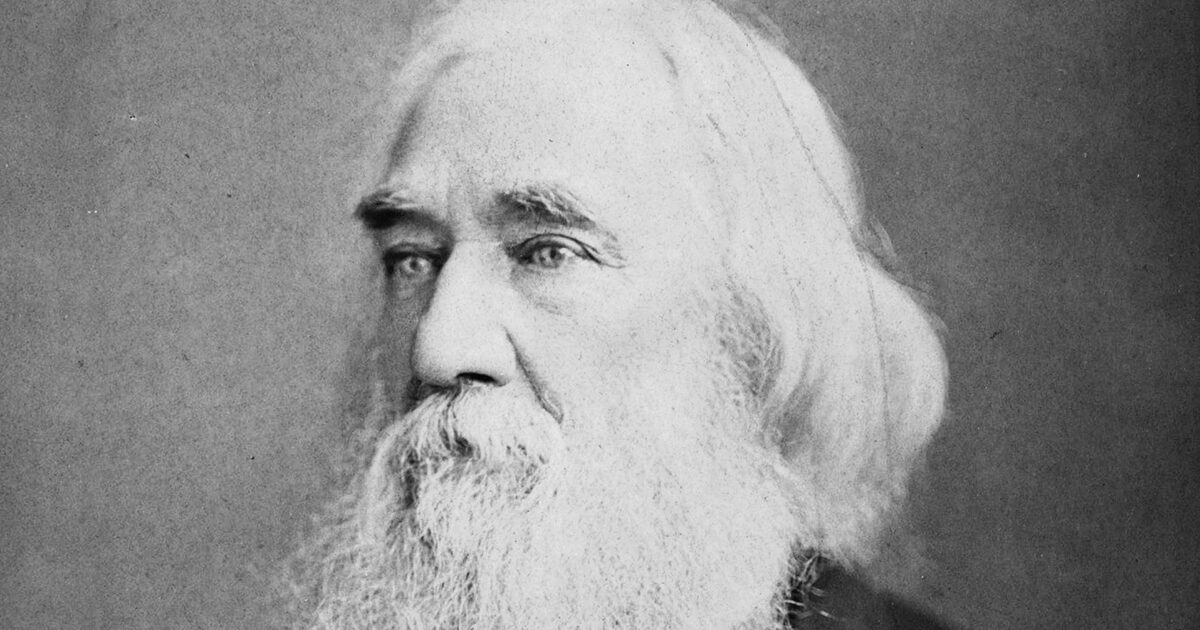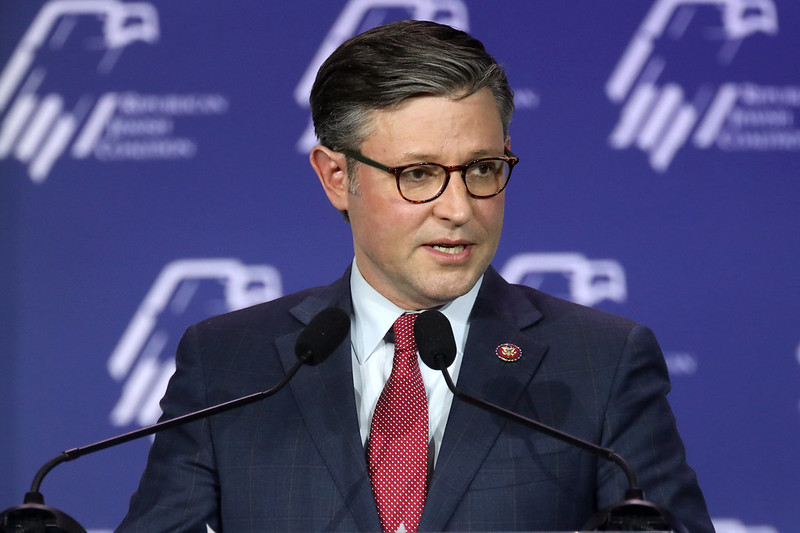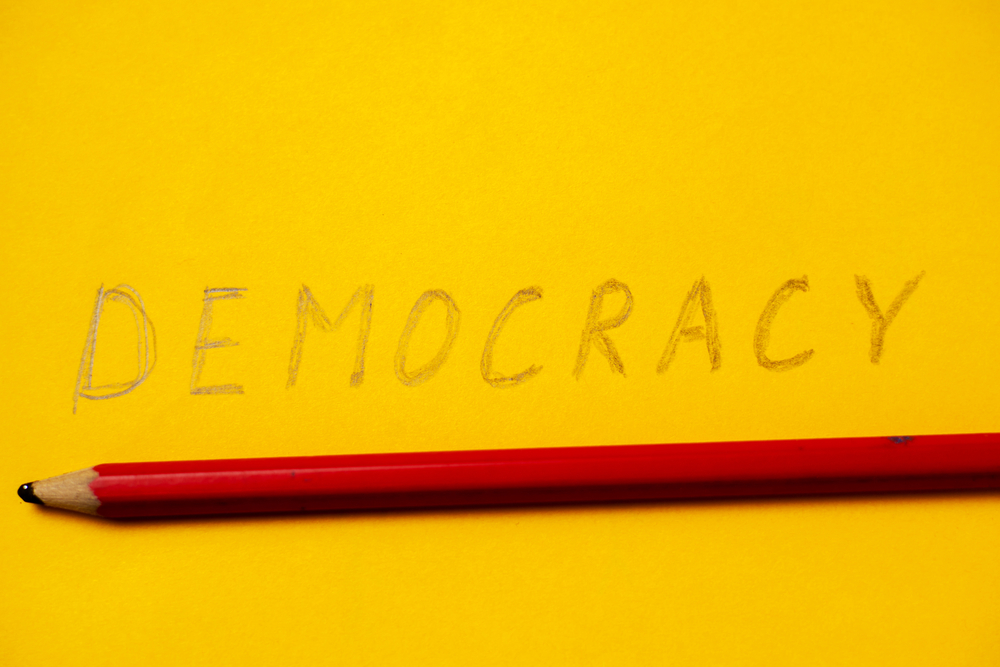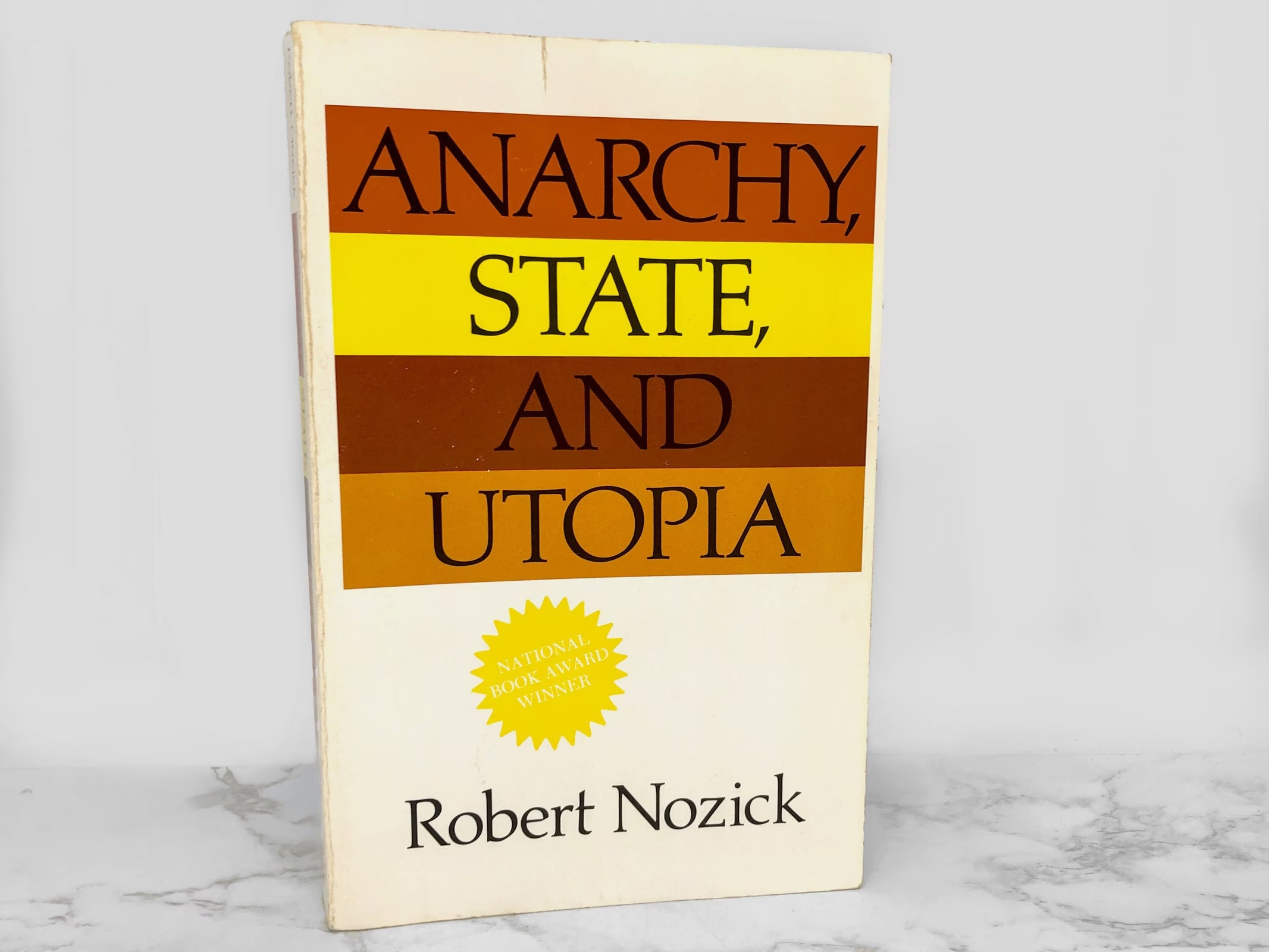A compelling explanation for why the American immigration system is more restrictive than other developed countries is that voters here do not feel that they have control over the border. Pictures, videos, and the widespread perception that there is chaos on the border caused by illegal immigrants, despite facts to the contrary, have the effect of convincing American voters to be less liberal on the issue than they otherwise would be. A recent paper by political scientists Allison Harell, Stuart Soroka, and Shanto Iyengar in the journal Political Psychology tests this “locus of control” argument by comparing immigration policies in Canada, the United States, and the United Kingdom with perceptions of control over immigration and its impact on their society.
Harell et alia examine three perceived loci of control: individual, social, and an outgroup’s control over one’s own economic condition. Across the three countries, the more that a respondent perceives himself and his society as being in control, the more pro-immigration he is. When a respondent thinks that immigrants are responsible for his own personal economic or life outcomes then he is more hostile toward them because of his perceived lack of control. They sum up their findings as:
Those who feel in control (personally or as a society) are less hostile towards immigrants, while those who attribute negative outcomes to immigrants’ predispositions are also more hostile. Results also suggest that measures of control are related to, but distinct from, both partisanship and racial prejudice.
Respondents’ perceptions of control across countries are related to the openness of immigration policies in the three countries studied by Harel et alia. Canada has the most open immigration policy and Canadians have the greatest sense of control over immigration. Americans and British feel like they have less control, due to the Southern border with Mexico and membership in the Schengen Area, respectively. Some of these measures of control, such as individual, social, or an outgroup’s degree of power, vary between the countries but the pattern holds: a greater perception of control is correlated with a more open immigration system.
Harell et alia’s theory passes the smell test, is consistent with what I know about psychology, and their empirics help explain different immigration policies across this small sample of countries. However, the recent separation of families, caging of child migrants and asylum seekers on the border, the inability of the government to reunite them efficiently, and the chaos that this has created add an important caveat. Voter reactions to border chaos probably depend on whom they blame for the chaos. If voters blame the pro-immigration political party for the chaos, then voters are more likely to react by adopting more anti-immigration views. With the exception of the current situation, politicians with a pro-immigration reputation (even when undeserved) have presided over the recent border crises so it makes sense that respondents would blame them. However, if voters blame the anti-immigration political party for the chaos then they could react by adopting more pro-immigration views.
There are two cases that help illustrate this point.
There was a large surge of unaccompanied alien children (UAC) on the border in 2014 that caused a crisis for the Obama administration. Republicans reacted by claiming that Obama created the chaos by being too lax in enforcing immigration laws and that his announcement of DACA created the mass influx – two assertions that do not stand up to a bare minimum of scrutiny. First, President Obama was nicknamed the Deporter-in-Chief because he deported more people than any other administration and will likely never have that odious honor taken from him. As for border security, the number of crossers precipitously fell during his administration due to the poor American economy, rising fortunes and falling birthrates south of the border, and more effective border enforcement. Secondly, the surge in child migrants that led to the crisis for Obama in 2014 began before he announced DACA, continued after everybody knew that the new crossers were ineligible, and was more linked to homicides in Central American countries than any change in American policy (although Mexican policy mattered quite a bit). Regardless, voters blamed the feckless-looking Obama administration for the border chaos and Republicans took control of the Senate that year and nominated the most anti-immigration candidate in the GOP primary for president who shortly thereafter went on to barely win the election.
President Trump is now dealing with his own border surge just like President Obama did. The recent surge in asylum seekers along the southwest border who enter unlawfully and surrender to Border Patrol is entirely an unintended creation of the Trump administration’s anti-asylum policies. First, Trump’s administration has turned away many asylum seekers along the border and told them to “come back later.” Second, they were changing asylum rules to restrict who could ask in the first place. Those two factors, individually and together, incentivized asylum seekers to enter the United States illegally and ask for asylum because, for all they knew, they would never be able to at a port of entry. They did so and got struck by the Trump administration’s third policy: zero tolerance and prosecution of all unlawful border crossers. Since Trump’s administration ordered that every border crosser had to be prosecuted to the fullest extent of the law, the government separated parents from their minor children so as to charge the former with the misdemeanor of illegal entry. Children aren’t caged with their parents when their parents are charged with a crime. That turned into the nightmare of children in cages without their parents and the government’s inability to reunite them with their parents in many cases.
Obama looked helpless, incompetent, and brutal in the 2014 border chaos as his administration caged entire families in deplorable conditions. Trump now looks incompetent, brutal, and responsible for everything that’s happened on the border under his watch. Republicans politically capitalized on the border chaos in 2014 by painting the Democrats as either complicit with the migrants or helpless to stop it. The Republicans introduced a bill to gut the asylum system in response. The Democrats, for their part, didn’t have a coherent explanation except “nuh-uh.”
Now that the dynamic has flipped, and anti-immigration politicians are being blamed for the chaos, we can test the locus of control theory. If enough voters also blame their recent perceptions of border chaos and lack of control on anti-immigration politicians then they could react by supporting more liberal immigration policy rather than reflexively opposing liberalization. Polling already shows that Americans are more supportive of increasing immigration during the Trump administration, and perhaps this could be in response to the chaos created by his policies or the fact that they are too brutal for voters, but those numbers have also been trending up for decades.
It is difficult for President Trump and the Republican Party to capitalize on the border chaos that he created when everybody believes that they created it. The recent surge in asylum seekers and migrants on the border could provide an excellent testing ground for this caveat to the locus of control theory and whether perceptions of chaos always lead to less support for liberalization.


